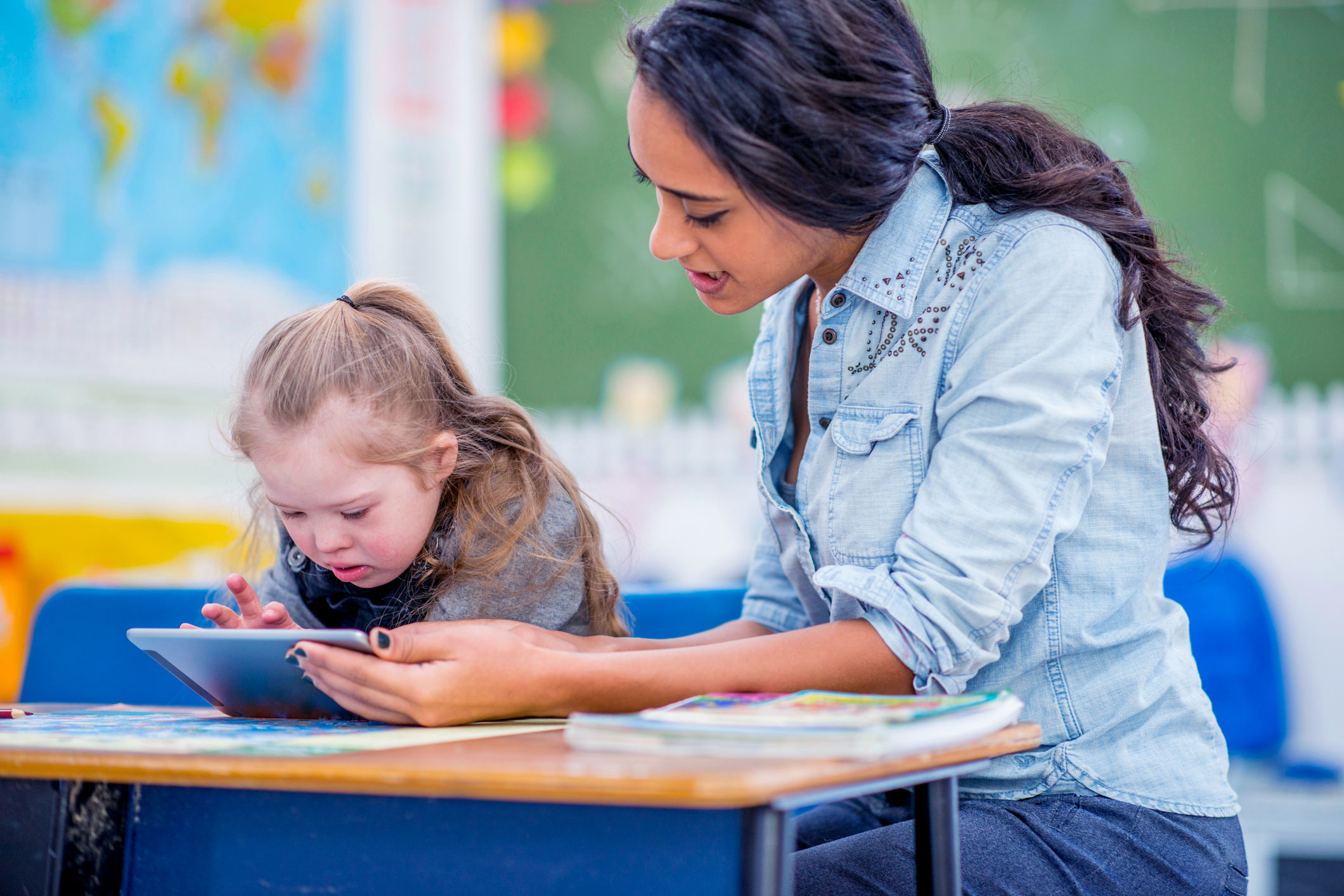This week saw the wider opening of primary schools across Camden, with 75% of our schools opening for Reception, Year 1 and Year 6. At the primary head teacher’s weekly conference call this week, it was refreshing to hear some anecdotes from colleagues about pupils returning to school with joy and laughter and with that news, it has certainly made me feel that the future is a little brighter.
At the beginning of the week I was part of an initial round table meeting including Georgia Gould, Cllr Hai and Martin Pratt, where we discussed COVID 19 and BAME disproportionality, which has been the topic of much debate locally, politically and in various media sources. The aim of this group including Camden Learning, Camden Council and Schools, will develop a framework for medium and long term action plans on the disproportional effects of C19 on BAME children. The draft framework will be shared with the working group on 15 June which will form part of a Schools, Education and Families report to the Covid19 Oversight Cross-Party Panel on 29 June and BAME disproportionality action plan.
It is essential that there is head teacher representation formulating the framework plan, we are also delighted that our own Christine Gilbert will also be joining the group, to provide a steer and also ensure that the framework is aligned to our own emerging education strategy. We have heard about a number of emerging issues arising from our schools relating to disadvantaged children and families, which can often be attributed to the experiences of our BAME communities and the framework will consider the response and action to:
- There are Returning to School – fear of contracting COVID-19
- Attainment – closing the learning gap/biases in grading
- Home Education – overcrowding and language barriers
- Digital Divide – lack of access to WIFI and devices
- Free School Meals / Pupil Premium – food poverty
- Mental Health in Young People
This week the education select committee heard from social mobility experts as part of its inquiry into the impact of Covid-19 on education, where they discussed catch up over the summer holiday, the actual cost of a one-year catch up, time for a ‘minimum standard’ for home learning and finally, once the Ofsted inspection suspension is lifted, to look at lessons learned during lockdown. I have attached the report Catching up after school closure: the need for cognitive stimulation, Laurie Smith, King’s College London, that considers the difficulties in catching up and the likely effect that, without targeted intervention, pupils who participated less well in online teaching during closure will be permanently disadvantaged. Furthermore, the paper explores the future of public examinations and assessment as well as cognitive acceleration as a pedagogical approach promoted by King’s College London for decades and it particularly supports the catch-up of disadvantaged learners-it is a great read.
Jon Abbey
Managing Director of Camden Learning
Click here to download
